Robot workers should pay their fair share in tax, says Bill Gates
Gates: New tax policies are needed for automated workforce
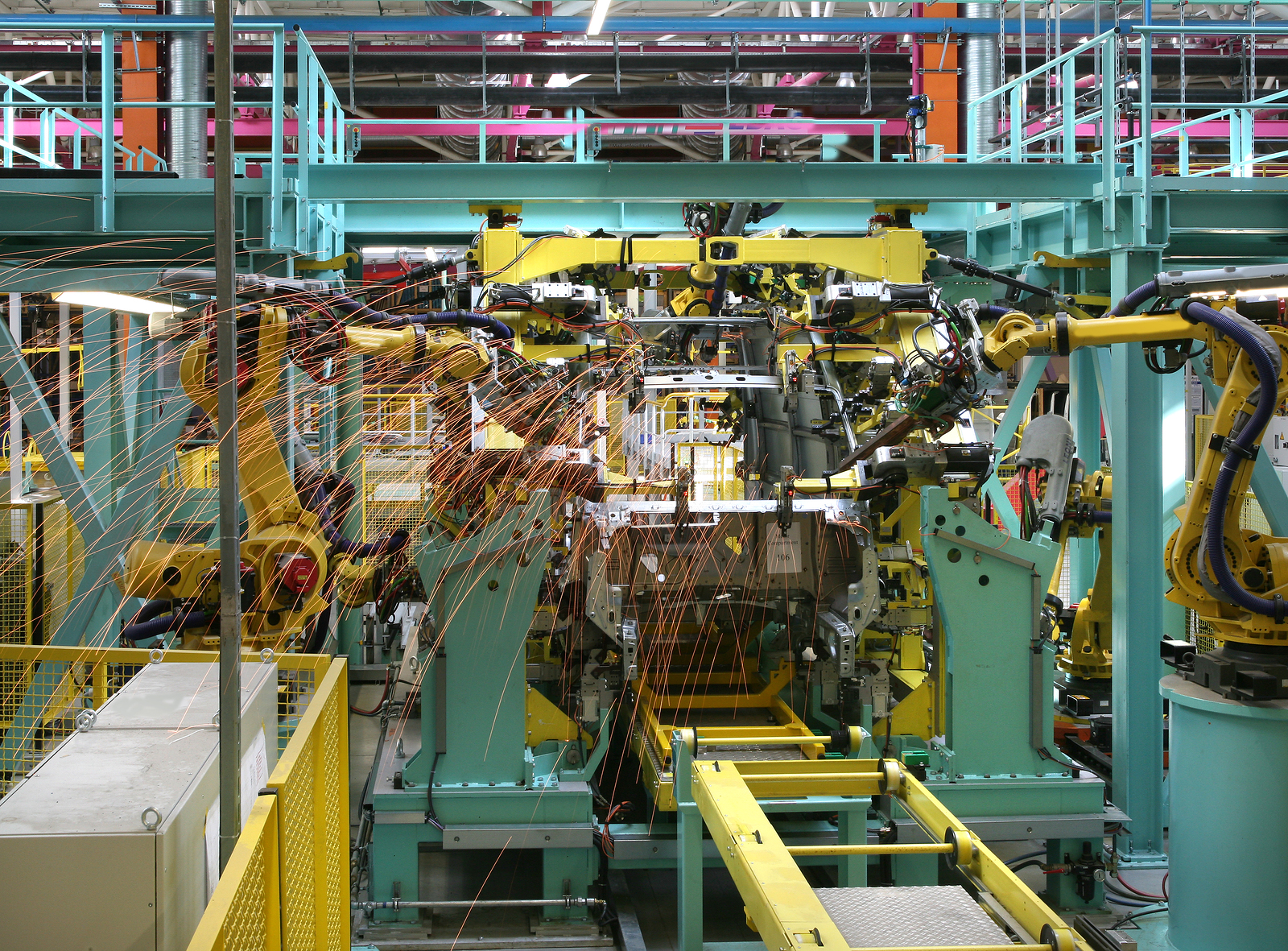
If robots are to take jobs away from humans, it stands to reason they should start paying their fair share in tax, according to Bill Gates.
Speaking in an interview with Quartz, the former Microsoft boss argued that governments should be able to tax companies that make use of robots, as a way of slowing down the growth of automation and to provide funds for creating employment elsewhere.
"Certainly there will be taxes that relate to automation," argued Gates, adding that unchecked automation may lead to massively reduced income tax revenue.
"Right now, the human worker who does, say, $50,000 worth of work in a factory, that income is taxed and you get income tax, social security tax, all those things. If a robot comes in to do the same thing, you'd think that we'd tax the robot at a similar level."
"There are many ways to take that extra productivity and generate more taxes," added Gates. "Some of it can come on the profits that are generated by the labor-saving efficiency there, some of it can come directly in some type of robot tax. I don't think the robot companies are going to be outraged that there might be a tax."
Gates founded Microsoft, which is one of the companies leading the development of AI, but he has also spoken out several times against the prospect of intelligent machines, saying that some decades after they are capable of doing human jobs, they may become a threat.
His latest comments come shortly after an attempt by EU lawmakers to create EU-wide legislation that would impose taxes on companies putting human workers out of a role, which was rejected last week.
Get the ITPro daily newsletter
Sign up today and you will receive a free copy of our Future Focus 2025 report - the leading guidance on AI, cybersecurity and other IT challenges as per 700+ senior executives
But Gates maintained that given many manual jobs such as warehouse work and cleaning roles will become automated over the next few decades, it is important to have policies that deal with the changing nature of the workforce. Over 15% of UK jobs are at risk of automation over the next two decades, according to recent research by the University of Oxford, while the Bank of England has identified 15 million at-risk roles over the same period.
"It is really bad if people overall have more fear about what innovation is going to do than they have enthusiasm. That means they won't shape it for the positive things it can do. Taxation is certainly a better way to handle it than just banning some elements of it, but innovation appears in many forms," he said.
The onus is on government to figure this out, according to Gates, and nations cannot rely on businesses coming up with plans for automation. With a growing displacement in the workforce, this excess labour can be used to bolster social services and education, but it requires government oversight to make that happen.
"The nice thing about taxation though, is that it really separates the issue: "Ok, so that gives you the resources, now how do you want to deploy it?"
Picture: Bigstock
Dale Walker is a contributor specializing in cybersecurity, data protection, and IT regulations. He was the former managing editor at ITPro, as well as its sibling sites CloudPro and ChannelPro. He spent a number of years reporting for ITPro from numerous domestic and international events, including IBM, Red Hat, Google, and has been a regular reporter for Microsoft's various yearly showcases, including Ignite.
-
 Cleo attack victim list grows as Hertz confirms customer data stolen
Cleo attack victim list grows as Hertz confirms customer data stolenNews Hertz has confirmed it suffered a data breach as a result of the Cleo zero-day vulnerability in late 2024, with the car rental giant warning that customer data was stolen.
By Ross Kelly
-
 Lateral moves in tech: Why leaders should support employee mobility
Lateral moves in tech: Why leaders should support employee mobilityIn-depth Encouraging staff to switch roles can have long-term benefits for skills in the tech sector
By Keri Allan
-
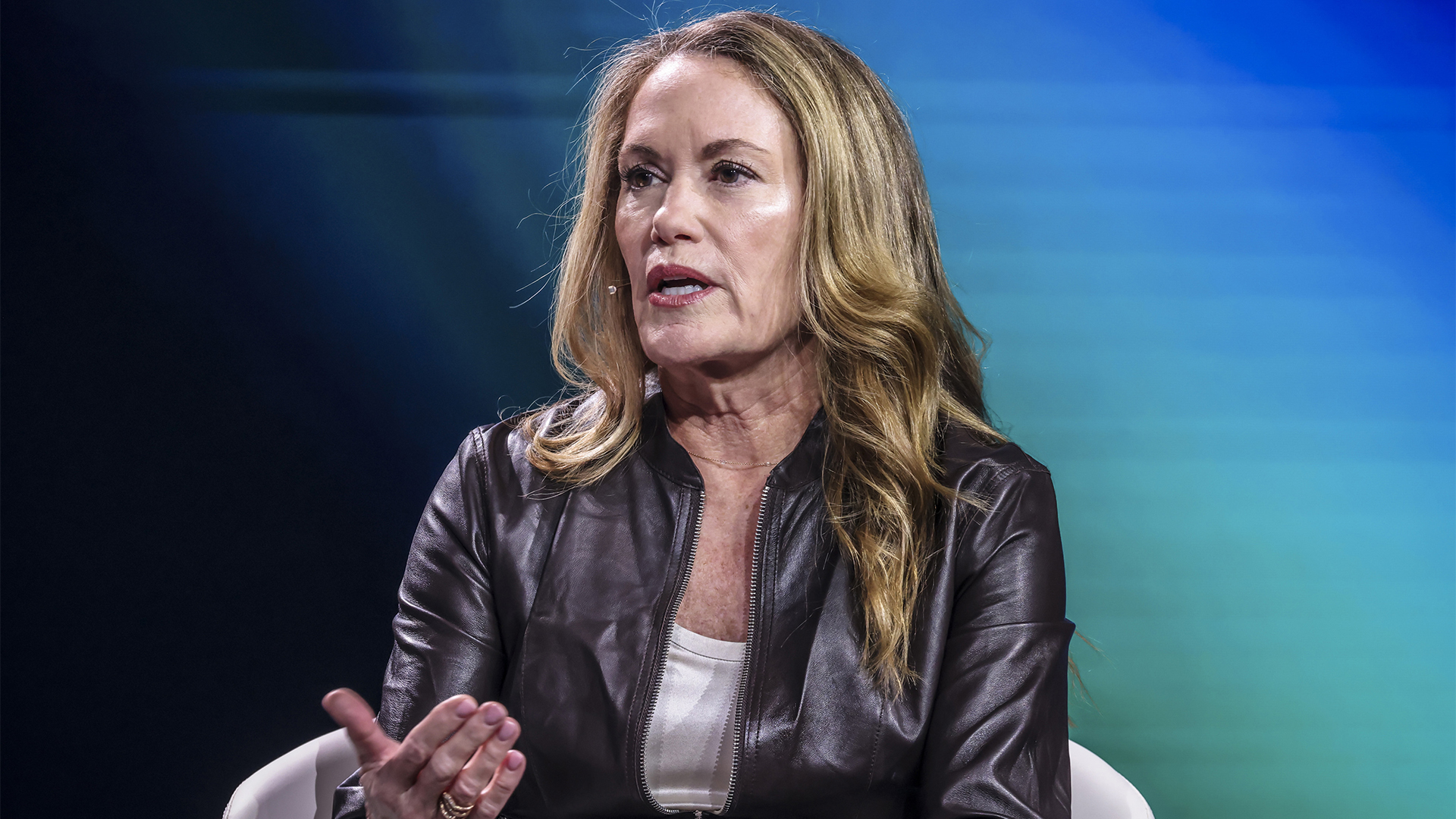 Can robots work safely alongside humans? This one industry leader thinks we're not far away
Can robots work safely alongside humans? This one industry leader thinks we're not far awayNews Humanoid robots and people will be able to work truly side-by-side this year, according to the CEO of one leading robotics company.
By Nicole Kobie
-
 The power of AI & automation: Proactive IT
The power of AI & automation: Proactive ITWhitepaper Automation strategies to dynamically and continuously assure cost-effective application performance
By ITPro
-
 Magic Quadrant for enterprise conversational AI platforms
Magic Quadrant for enterprise conversational AI platformsWhitepaper An evaluation of the conversational AI platform (chatbot) market
By ITPro
-
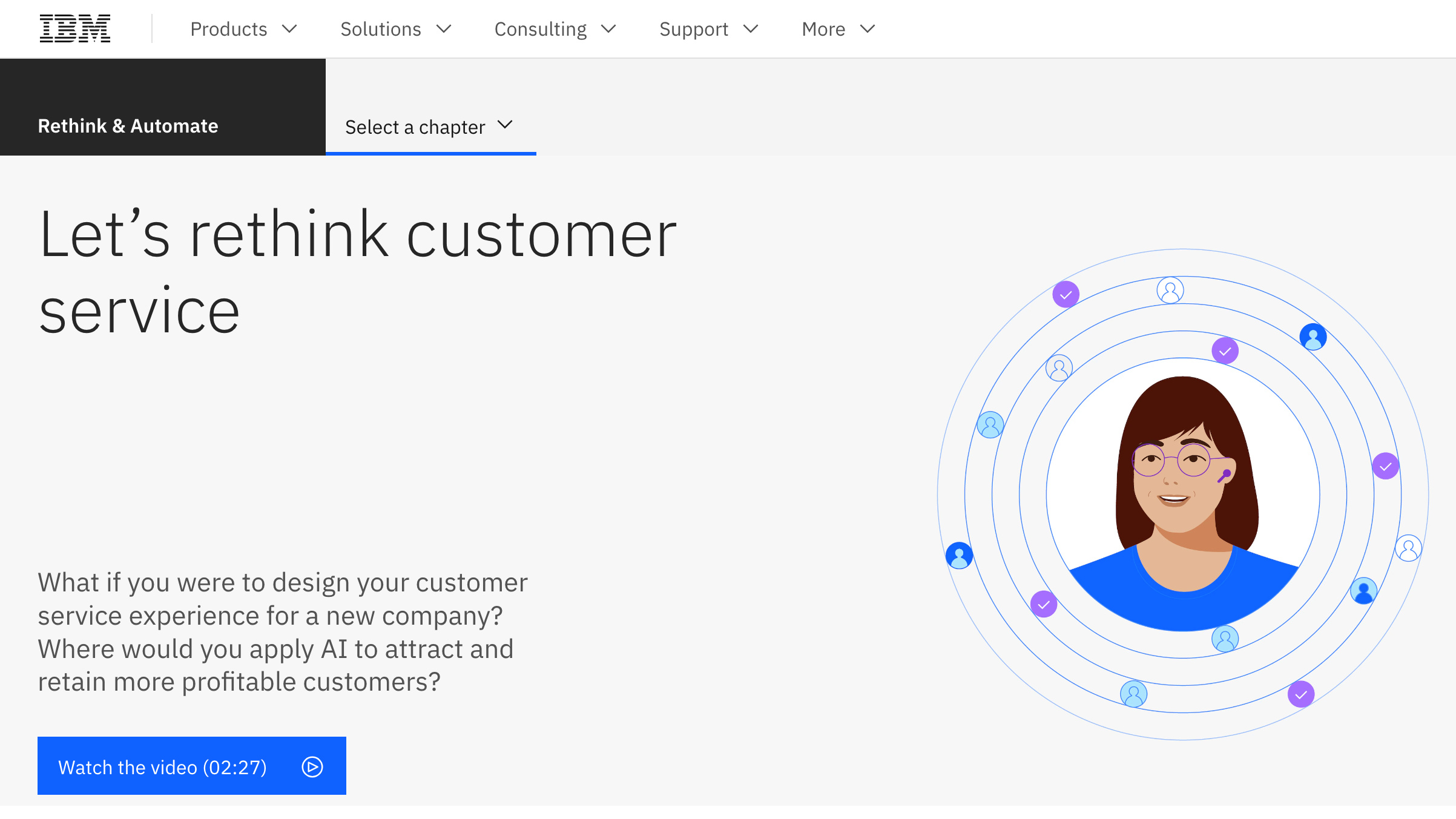 Let's rethink customer service
Let's rethink customer servicewhitepaper Discover new ways to improve your customer service process
By ITPro
-
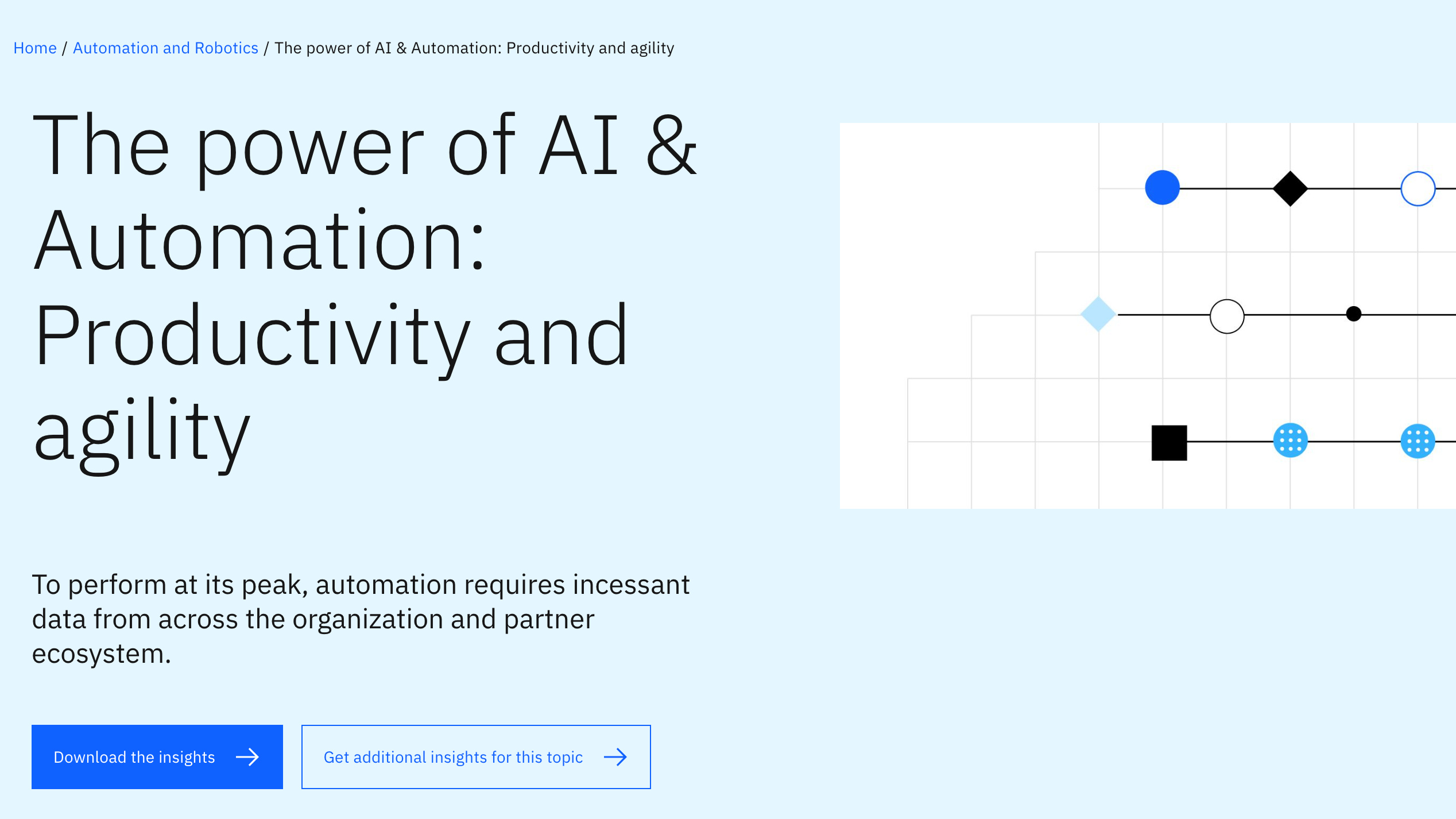 The power of AI & automation: Productivity and agility
The power of AI & automation: Productivity and agilitywhitepaper To perform at its peak, automation requires incessant data from across the organization and partner ecosystem
By ITPro
-
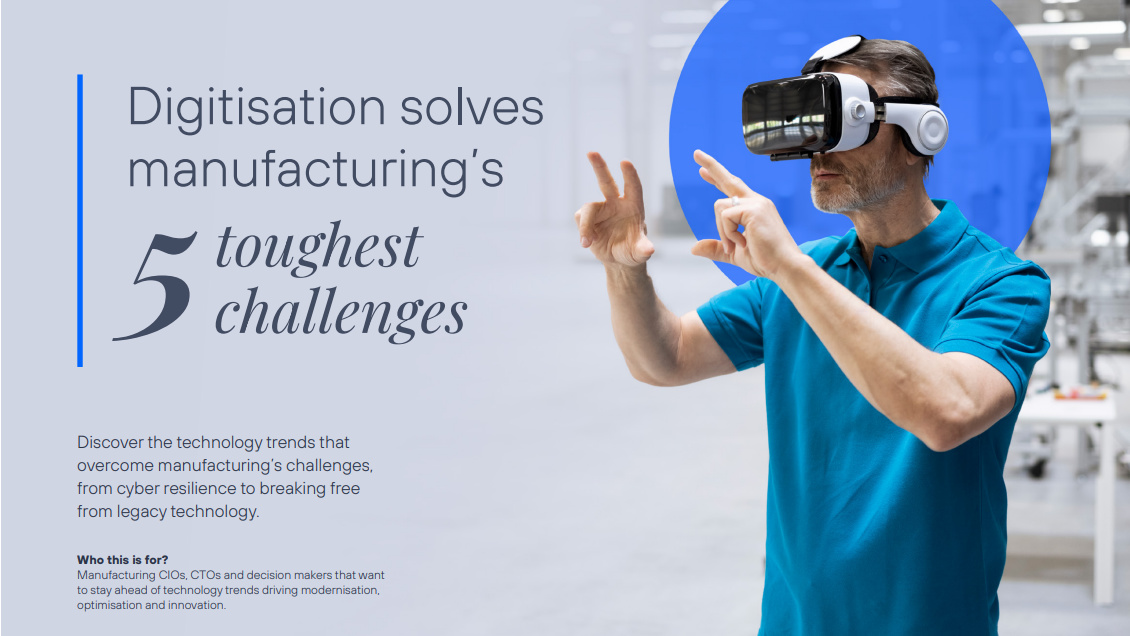 Digitization solves manufacturing’s five toughest challenges
Digitization solves manufacturing’s five toughest challengesWhitepaper Discover the technology trends that overcome manufacturing’s challenges, from cyber resilience to breaking free from legacy technology
By ITPro
-
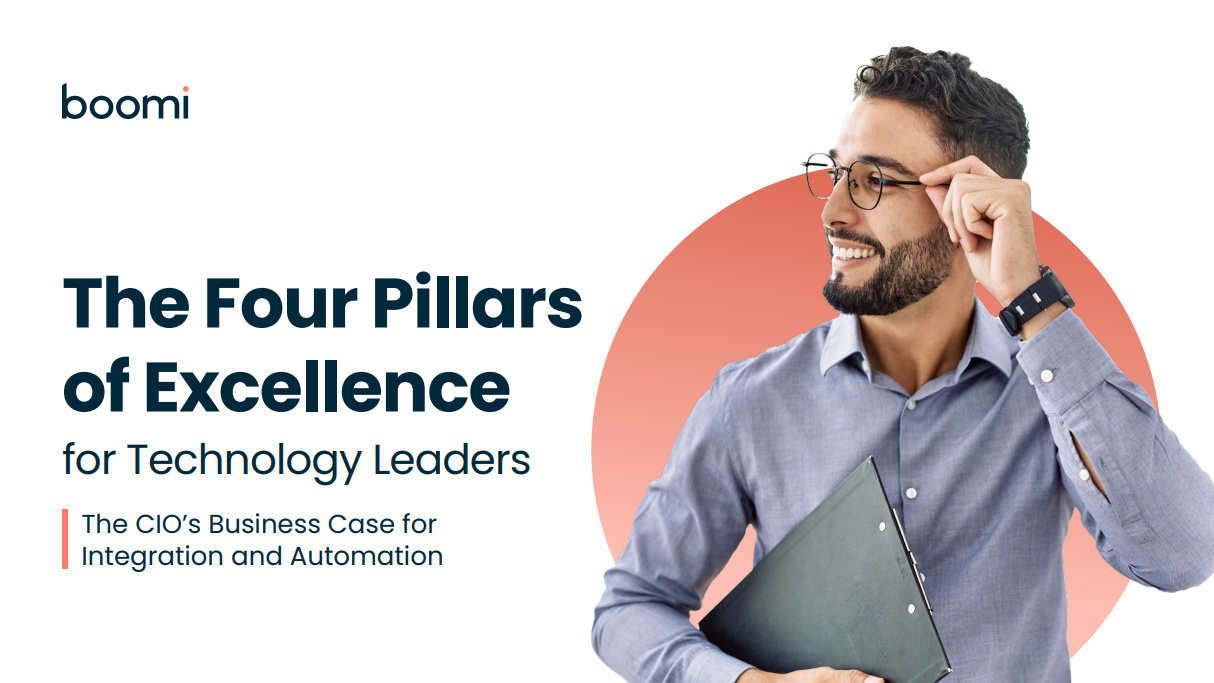 The four pillars of excellence for technology leaders
The four pillars of excellence for technology leaderswhitepaper Download this CIOs business case for integration and automation
By ITPro
-
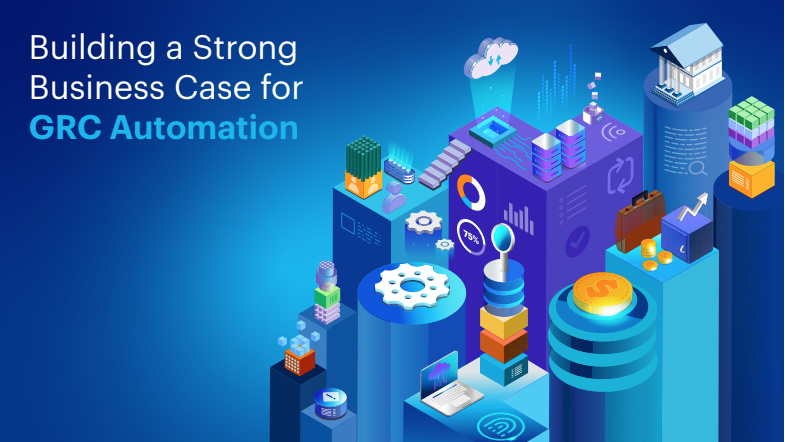 Building a strong business case for GRC automation
Building a strong business case for GRC automationwhitepaper Successfully implement an innovative governance, risk & compliance management platform
By ITPro